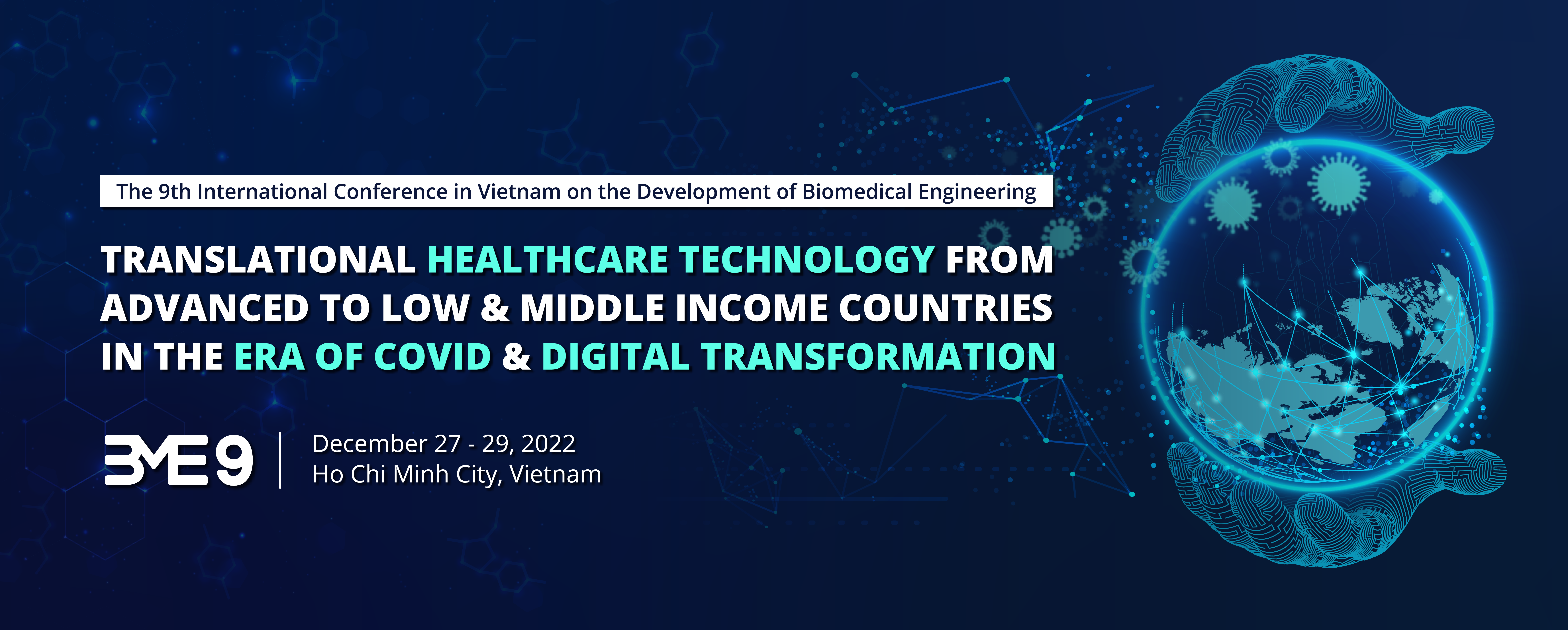Tuan V. Nguyen
Centre for Health Technologies
School of Biomedical Engineering, University of Technology Sydney (UTS)
School of Population Health, UNSW Medicine, UNSW Sydney, Australia
About the speaker
Dr. Tuan V. Nguyen is currently the Director of the Centre for Health Technologies and a Distinguished Professor of Predictive Medicine at the School of Biomedical Engineering of the University of Technology Sydney (UTS), Australia. He also holds appointments as an Adjunct Professor of Epidemiology at the School of Population Health, UNSW Sydney, Australia. His research interests include the translation of genomic discoveries into osteoporosis risk assessment, an area of research that he has made significant contributions over the past 30 years. He has authored more than 350 peer-reviewed publications in mostly top-tier journals, including Nature, Nature Genetics, BMJ, Lancet, and NEJM. He is among the world’s most-cited researchers. He is an elected Fellow of the American Society for Bone and Mineral Research, elected Fellow of the Australian Academy of Health and Medical Sciences, and elected Fellow of the Royal Society of New South Wales. In 2022, Queen Elizabeth II made him a member of the Order of Australia for his significant contributions to medical research, osteoporosis prevention, and higher education.
Abstract
Data challenges in precision medicine
Precision medicine is commonly viewed as a medical model in which health care is customized according to an individual’s unique risk factors profile, including clinical, genetic, and environmental data. Health care includes diagnosis, prognosis, treatment, and prevention. The goal is to achieve the ideal of “the right treatment for the right patient at the right time.” This presentation examines the challenges of creating an appropriate risk profile, and then outlines the difficulty in achieving the ideal of precision medicine.
A critical challenge in precision medicine is the establishment of an actionable relationship between the risk profile and outcome for an individual rather than for a group of individuals. Randomized controlled clinical trial is considered the gold-standard model for establishing a causal relationship between a risk profile and outcome. However, most studies on the utilities of precision medicine were mainly based on observational data which are often subject to measurement noise and/or systematic biases. Therefore, the relationship between a risk profile and outcome in observational studies is almost always imprecise or irreproducible.
A key factor in precision medicine is the matching between a patient’s genomic profile and therapeutic drugs. For instance, in oncology, the identification of mutations (from a patient’s genome sequence) against which targeted drugs can be used plays a critical role in the success of treatment. However, with thousands of genetic variants, there are potentially billions of gene-gene and gene-environmental interactions, and it is almost impossible to delineate their effects, even with a hundred of thousands of individuals. That means matching is a big challenge. Indeed, the NCI trial reported that only 10% of patients who underwent Next Generation Sequencing were matched with a therapeutic drug. Even when there is a match, the efficacy seems modest. The MOSCATO-1 trial showed that among 199 patients with a matched profile, only 22 patients achieved a partial or complete response. In hard-to-treat cancers, the majority (93%) of patients did not benefit from precision medicine informed by genomic profile.
Precision medicine holds promise for improving health care and has the potential of boosting healthy ageing. However, there are several data challenges that must be overcome for successful implementation in clinical practice.
